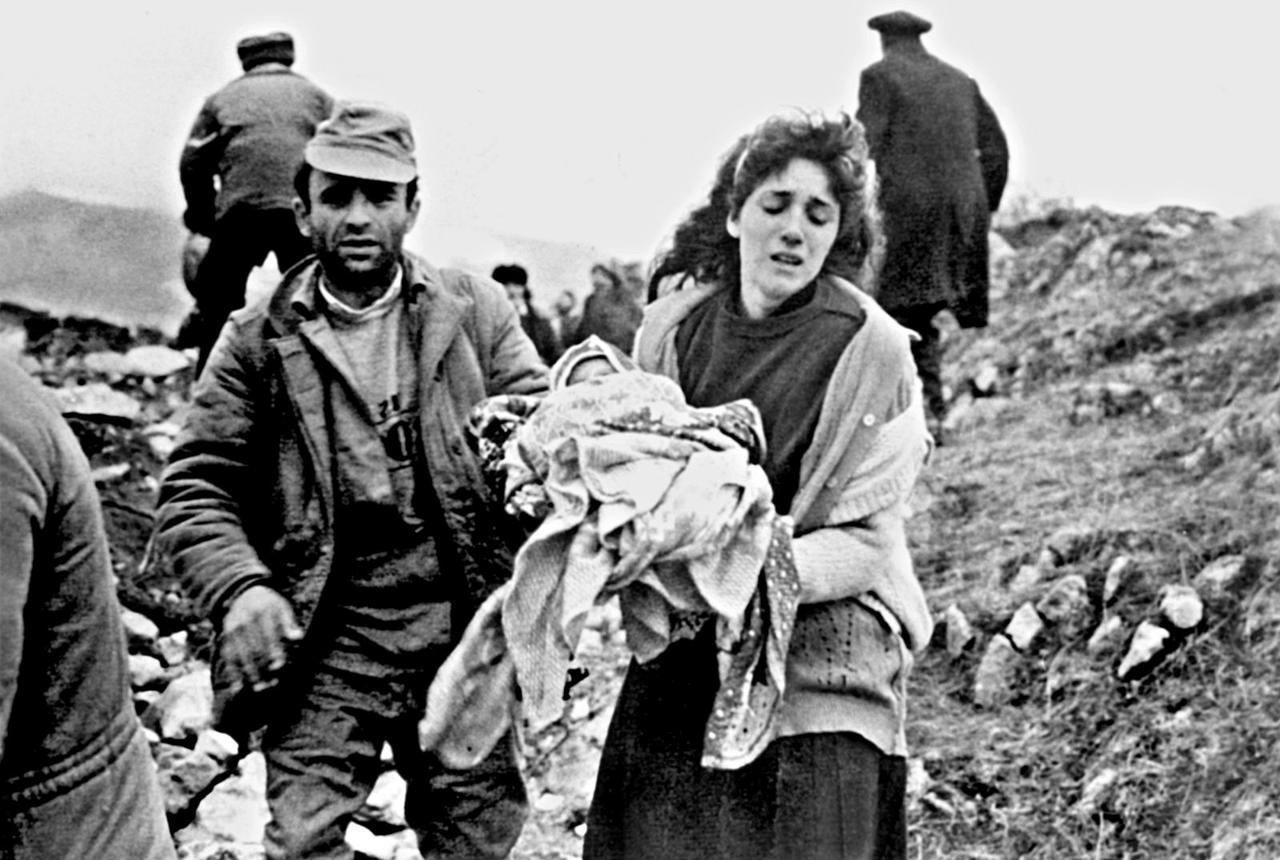
The indiscriminate killings of civilians in Khojaly are the result of a policy of ethnic hatred and racial discrimination against Azerbaijanis, which has led to the killing of innocent people simply because of their ethnicity. The massacre in Khojaly, as well as other crimes committed in the course of military aggression against the Republic of Azerbaijan, including war crimes, crimes against humanity and genocide, constitute serious violations of international humanitarian law and human rights.
It has been 31 years since the bloodiest massacre carried out by the armed forces of Armenia in the course of the conflict between Armenia and Azerbaijan over the Karabakh region of Azerbaijan. The destruction of the once thriving city of Khojaly and the genocide against the civilian population is one of the worst crimes ever committed against defenseless civilians.
On the night of February 26, 1992, after a massive artillery shelling of the city, the Armenian armed forces captured Khojaly. 613 civilians were brutally killed, 5,379 were forcibly displaced, and 1,275 were taken hostage. 150 of these hostages, including 68 women and 26 children, are still missing today. 130 children remain orphans, of which 25 have lost both parents.
The indiscriminate killings of civilians in Khojaly are the result of a policy of ethnic hatred and racial discrimination against Azerbaijanis, which has led to the killing of innocent people simply because of their ethnicity. The massacre in Khojaly, as well as other crimes committed in the course of military aggression against the Republic of Azerbaijan, including war crimes, crimes against humanity and genocide, constitute serious violations of international humanitarian law and human rights. Among them are violations of the Convention on the Prevention and Punishment of the Crime of Genocide; The Genocide Convention, the Convention against Torture and Other Cruel, Inhuman or Degrading Treatment or Punishment; The International Convention on the Elimination of All Forms of Racial Discrimination, etc.
The international recognition of the crime committed in 1992 in Khojaly is becoming wider with each passing year. Until now, the national legislative bodies of dozens of countries, as well as a number of international organizations, have adopted a number of resolutions and decisions that condemn the massacre of civilians in Khojaly and define it as a crime against humanity and an act of genocide. In its judgment of 22 April 2010, the European Court of Human Rights condemned the conduct of the perpetrators of the atrocities in Khojaly as "acts of particular gravity which may amount to war crimes or crimes against humanity".